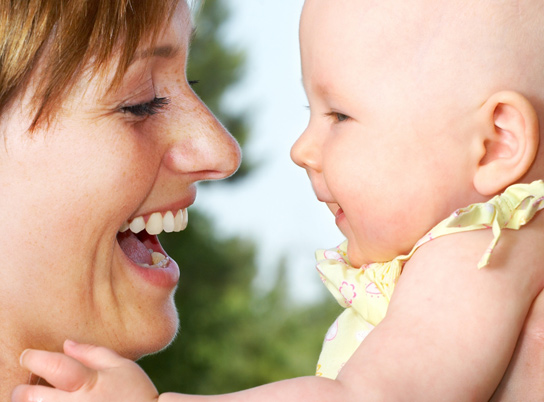
Researchers have tested a hypothesis suggesting that competition between genetically unrelated breeding women could have driven the evolution of menopause.
Menopause affects humans, pilot whales and killer whales. These are the only organisms on Earth that stop being able to reproduce long before their lifespan is over. In evolution, passing on genes is one of the main reasons for living, which indicates that it’s difficult to find a reason for menopause.
Thanks to new data from Finland, researchers have been able to test a hypothesis that competition between different generations of genetically unrelated breeding women could have helped the evolution of menopause. They published their findings in the journal Ecology Letters.

Mirrka Lahdenperä, an ecologist at the University of Turku in Finland, and her colleagues used data collected by the Lutheran church between 1702 and 1908 to examine the chances of children dying when mothers-in-law and daughters-in-law gave birth at around the same time. Children of older women’s survival rate dropped by 50%. For children of the daughters-in-law, it dropped by 66%. However, if mothers and daughters had children at the same time, the survival of the offspring wasn’t affected.
These results indicate that it’s beneficial to stop having children once your own children start having them. There might have been competition for food between unrelated women for their children, instead of cooperation like what happened between mothers and daughters.
Another theory suggests that older women have increased risk of dying of childbirth and another one is that there are benefits to the overall family when grandmothers care for their grandchildren, which provides an evolutionary reason to stay alive after reproductive age.
Reproductive conflict and grandmothering are equally important, states Andrew Russell, an ecologist at the University of Exeter, UK and part of the research team. However, these cannot be the only possible contributing factors to menopause. There must be multiple lines of explanation, states Tom Kirkwood, from the Newcastle University, UK.
Reference: “Severe intergenerational reproductive conflict and the evolution of menopause” by Mirkka Lahdenperä, Duncan O. S. Gillespie, Virpi Lummaa and Andrew F. Russell, 22 August 2012, Ecology Letters.
DOI: 10.1111/j.1461-0248.2012.01851.x









Be the first to comment on "Generational Conflict Between Unrelated Childbearing Women Affects the Child’s Survival"